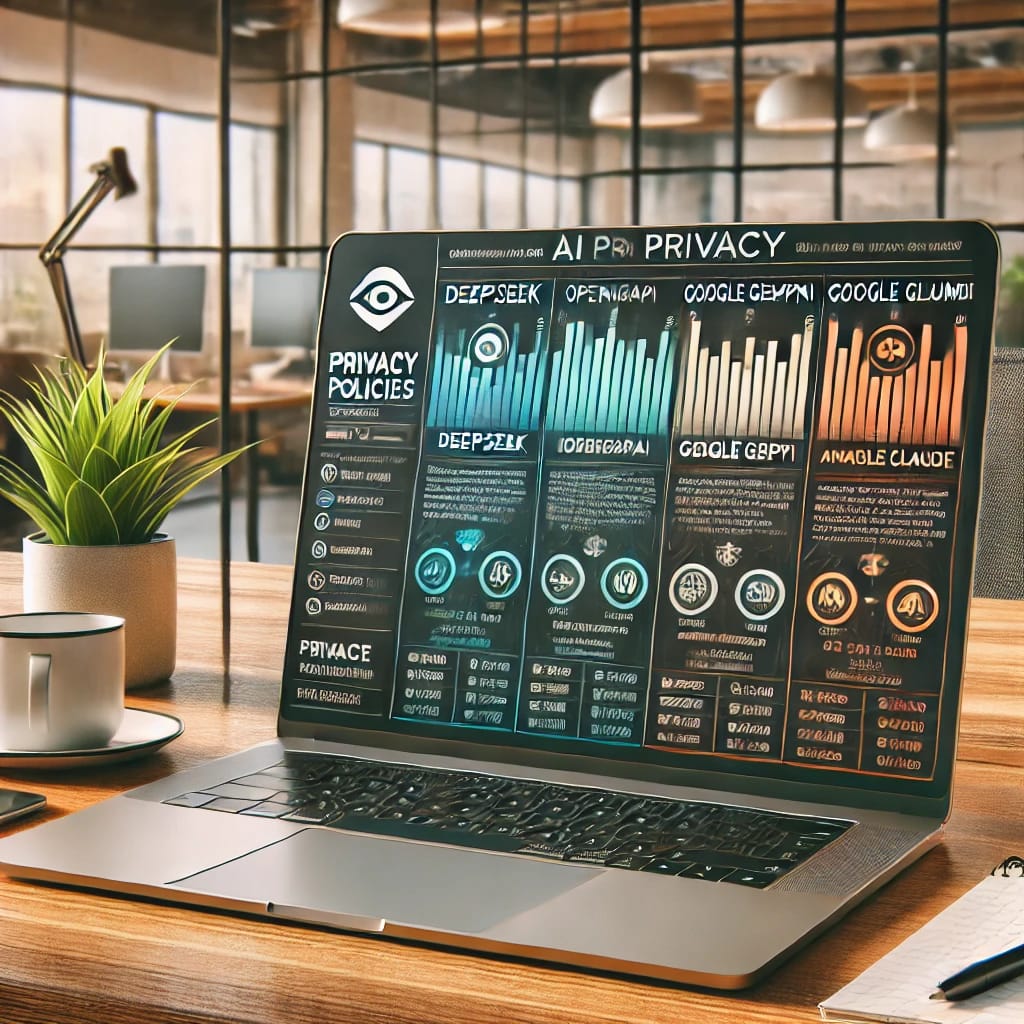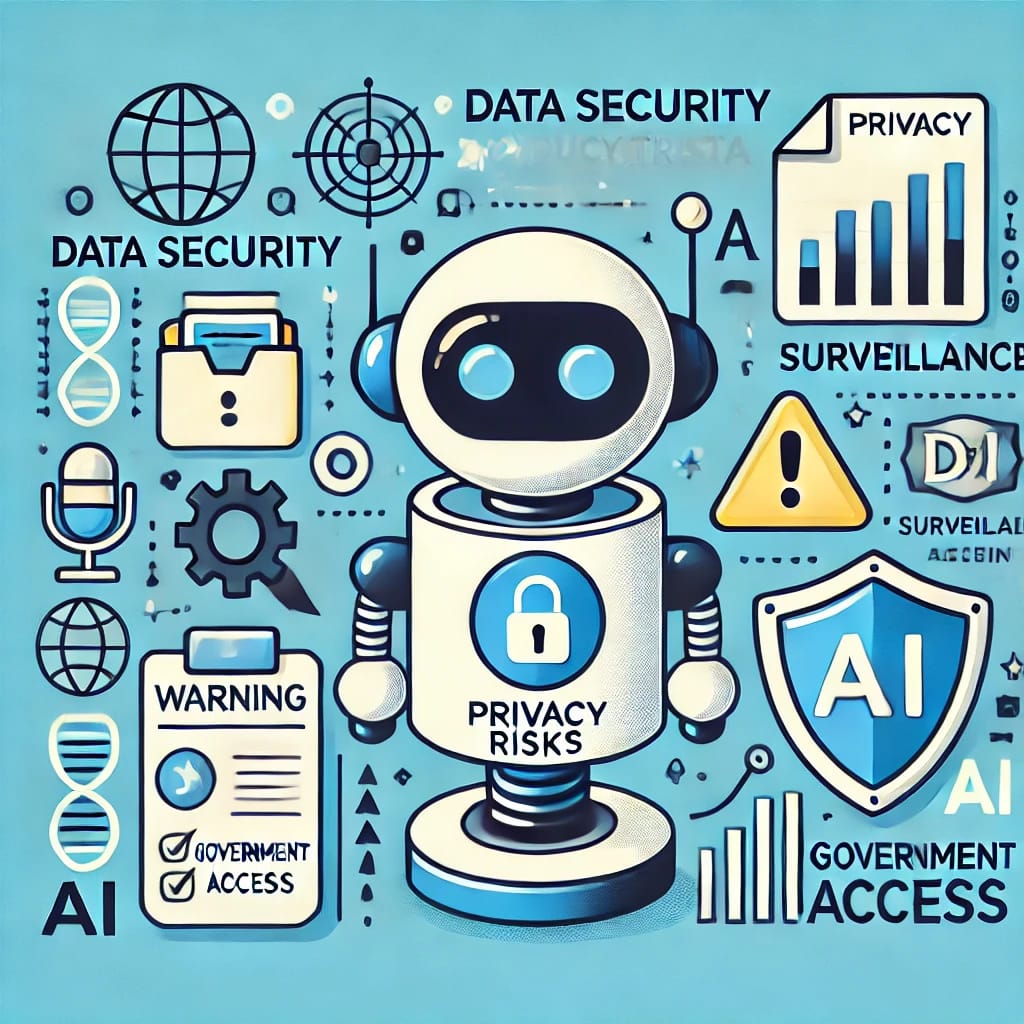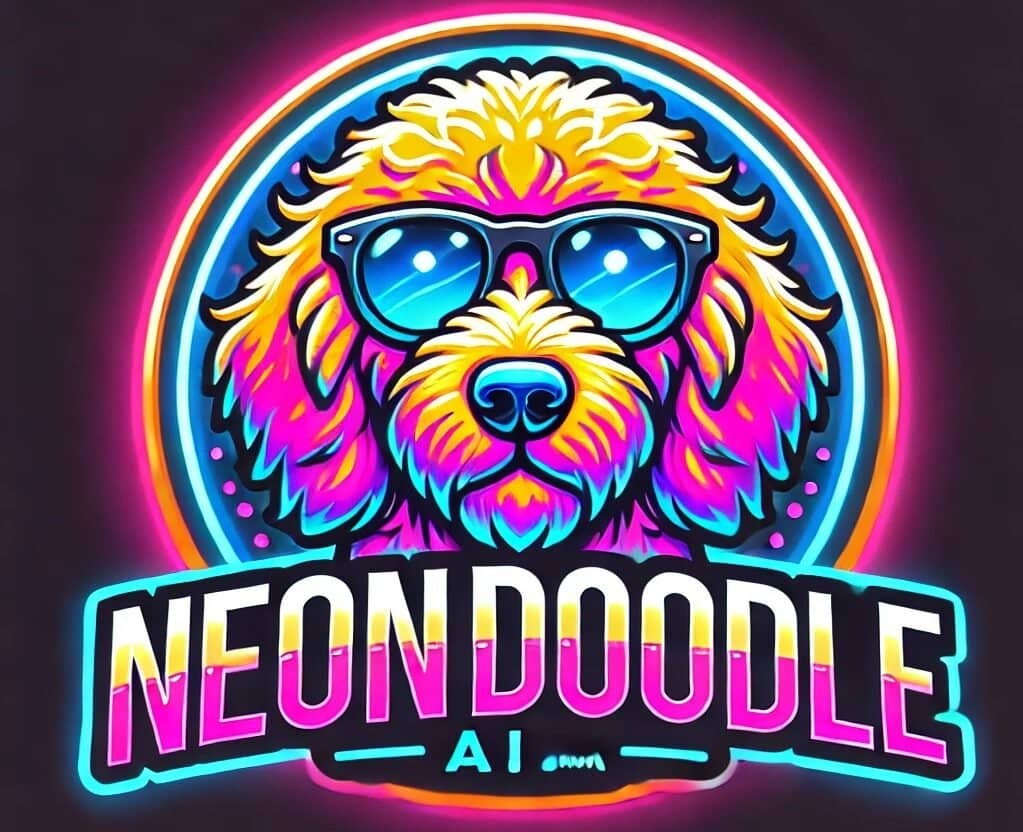
Is Your AI Chatbot Spying on You? A Privacy Comparison of DeepSeek, OpenAI, Google Gemini, and Claude
Introduction
In today’s AI-driven world, chatbots have become a part of our daily lives. From OpenAI’s ChatGPT to Google Gemini and Anthropic’s Claude, AI-powered tools assist with everything from research to customer service. But have you ever stopped to wonder how these AI models handle your private conversations?
A recent review of DeepSeek’s privacy policy raises serious concerns about data collection, storage, and government access. Compared to OpenAI, Google, and Anthropic, how does DeepSeek stack up? Which AI model offers the best privacy protections? Let’s dive in.
1. DeepSeek’s Privacy Policy: A Deep Dive
DeepSeek is a rising Chinese AI startup, but its privacy policy contains multiple red flags.
📌 What DeepSeek Collects:
- Personal Data: Username, email, phone number, IP address, device ID, location data.
- User Input: Every message, prompt, file upload, and chat history is stored.
- Technical Information: Device model, keystroke patterns, cookies, and browsing activity.
- Third-Party Data: DeepSeek partners with advertisers and analytics firms.
📌 Where is Your Data Stored?
- DeepSeek stores all user data in China, which has strict data laws allowing government access.
- The policy does not confirm whether user interactions are used for AI training, but states user input is reviewed, raising concerns about long-term storage and usage.
📌 Who Has Access to Your Data?
- Advertising and Business Partners: Your data is shared for targeted advertising.
- Law Enforcement & Government Agencies: DeepSeek can hand over user data if requested.
- Corporate Transactions: If DeepSeek merges or is acquired, your data may be transferred.
🚨 Biggest Privacy Concern: Data stored in China could be subject to government surveillance, and DeepSeek does not give users full control over data deletion.

2. How Does DeepSeek Compare to OpenAI, Google, and Claude?
Each AI company has a different approach to privacy. Here’s how DeepSeek compares to ChatGPT, Google Gemini, and Claude.
| AI Platform | Data Collection | AI Training | Data Storage | Third-Party Sharing | User Control |
|---|---|---|---|---|---|
| DeepSeek | Extensive (IP, keystrokes, chat history, cookies) | Unclear, but likely | China (subject to gov. access) | Shared with advertisers, business partners, and law enforcement | Limited deletion options |
| OpenAI (ChatGPT) | Collects user input for model improvement unless opted out | API data is excluded from training | Stored on U.S. servers | Shared with law enforcement when required | Users can request deletions |
| Google Gemini | Logs chat data, device details, and location (if enabled) | Used for AI refinement | Stored globally | Shares with Google services and law enforcement | Users can delete history, but not guaranteed |
| Anthropic Claude | Minimal data collection, no ad tracking | Does NOT use chats for AI training | Stored in U.S. servers | No ad sharing or external tracking | Users can fully delete conversations |
🔍 Key Takeaways
✅ Claude (Anthropic) is the most privacy-friendly AI – it doesn’t use conversations for AI training and allows full data deletion.
⚠️ OpenAI (ChatGPT) and Google Gemini are moderate – they collect data but offer some user controls.
🚨 DeepSeek is the least private AI – it collects extensive user data, shares it widely, and stores it in China.
3. Why Does AI Privacy Matter?
Many people don’t realize how much data AI chatbots collect or where that data goes. Here are three major risks:
🔴 Risk #1: Data Used for AI Training Without Consent
Some AI models use real user input to improve responses, but what if your personal conversations are used? This raises ethical concerns about data ownership.
🔴 Risk #2: AI Privacy & Government Access
- DeepSeek’s data is stored in China, meaning it could be subject to government surveillance.
- Google, OpenAI, and Anthropic are headquartered in the U.S., which has different data privacy laws.
🔴 Risk #3: Data Breaches & AI Security Threats
If AI companies store user data indefinitely, that data could be hacked.
- Example: If DeepSeek’s servers were hacked, millions of user conversations could be exposed.
- Solution? AI platforms should store less data and offer full user control over deletion.
4. Which AI Platform Protects Your Privacy the Best?
If privacy is your top concern, here’s how to choose the safest AI platform:
| Best for Privacy | AI Platform |
|---|---|
| 🔥 Best overall privacy | Claude (Anthropic) – no tracking, full chat deletion, no AI training on user data. |
| ⚖️ Balanced privacy & functionality | ChatGPT (OpenAI) – user input can be excluded from training, data deletion possible. |
| 🚨 Worst privacy | DeepSeek – invasive tracking, broad data sharing, stored in China. |
✅ Recommendation: Use Claude (Anthropic) or OpenAI (ChatGPT with privacy settings enabled) for the best privacy protection.
5. How to Protect Your Privacy While Using AI
Regardless of which AI you use, follow these steps:
1️⃣ Use privacy settings: Turn off chat history in ChatGPT, Google Gemini, or Claude.
2️⃣ Avoid linking accounts: Don’t log in with Google, Apple, or Facebook.
3️⃣ Limit what you share: Never input sensitive data (passwords, financial details, medical info).
4️⃣ Choose AI models carefully: Avoid DeepSeek or any AI storing data indefinitely.
5️⃣ Check AI privacy policies regularly: Companies change policies often – stay informed.
Conclusion
AI chatbots are powerful tools, but not all platforms prioritize user privacy.
- DeepSeek is the most invasive, collecting extensive data and storing it in China.
- OpenAI and Google offer some protections but still collect input data.
- Anthropic’s Claude is the most privacy-friendly AI with no AI training on chats and full deletion options.
🚀 Final Tip: If privacy is a concern, choose Claude, adjust OpenAI settings, and avoid DeepSeek


